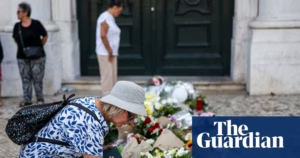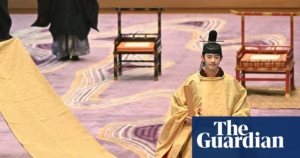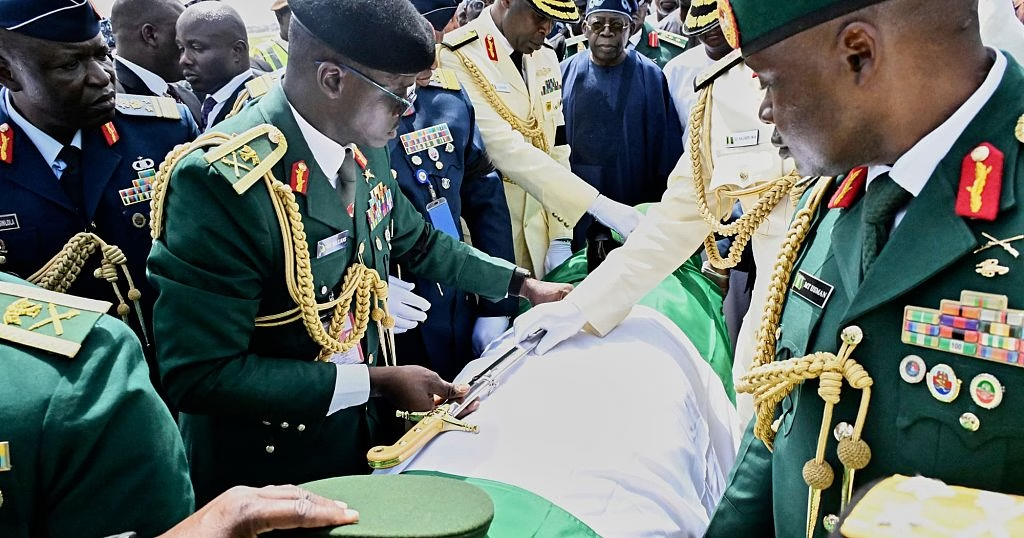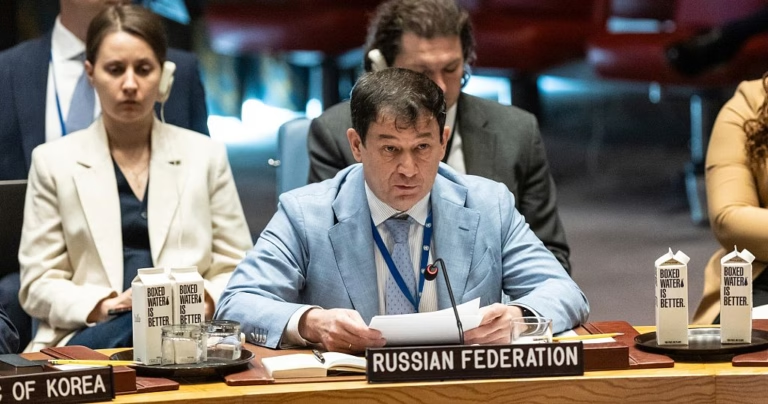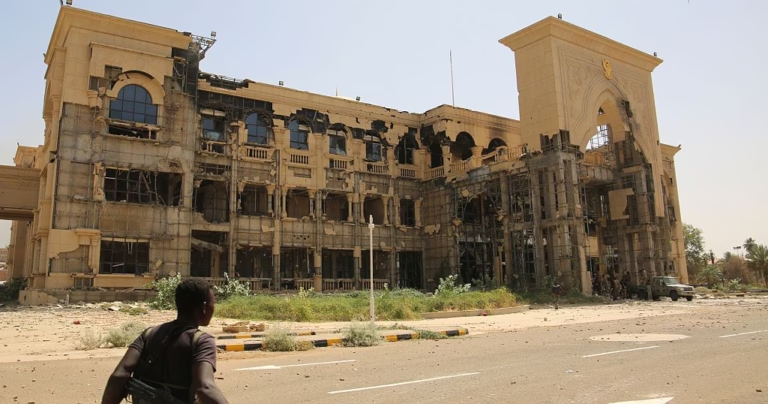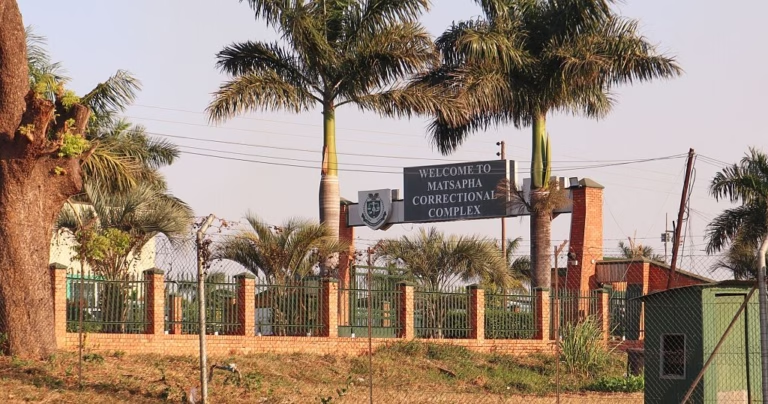
Buhari passed away on Sunday while receiving medical treatment in London.
He initially seized power in 1983 following a military coup and ruled with an iron fist until his removal from office by fellow soldiers just under two years later.
In a major political upset, Buhari won the presidency in 2015 after standing for election four times, marking the first time an opposition candidate triumphed in a Nigerian presidential election.
Buhari came to power on a platform of cleaning up corruption and tackling the deadly security crisis facing Nigeria.
His tenure in office, which lasted until 2023, was marked by the campaigns of the terrorist group Boko Haram in the northeast and an economic downturn.
Incumbent President Bola Tinubu issued a statement describing Buhari as “a patriot, a soldier, a statesman … to the very core.” He arranged for Buhari’s body to be transported from London.
Despite his widespread recognition, many Nigerians remember Buhari as a leader whose term in office deepened the divides within the country.
Their memory of him is tainted by the 2020 protests over police brutality and his decision to limit access to social media, which led to the violent suppression of demonstrators.
Hailing from Nigeria’s north, Buhari pledged to stop extremist violence and curb widespread corruption, aiming to overhaul one of Africa’s largest economies and a major oil producer.
However, by the end of his eight-year term, public support for Buhari had dwindled into widespread dissatisfaction.
Security only became a more pressing issue, and corruption proliferated even further.
Nigeria experienced a recession due to low oil prices and militant attacks in the oil-rich Niger Delta.
Buhari’s unorthodox economic policies led to a depreciation of the currency and severe shortages of foreign exchange.
Inflation skyrocketed into the double digits.
Human rights organizations accused him of authoritarian behavior following the killing of protesters during a demonstration against police brutality and his decision to restrict access to social media.
His efforts to handle these issues were compounded by his extended medical stays outside the country.
His absences, shrouded in secrecy, sparked anxiety and some calls for his removal from office.
Additionally, there was widespread outrage over his decision to seek treatment abroad funded by Nigerian taxpayers while many citizens suffered from inadequate healthcare at home.
